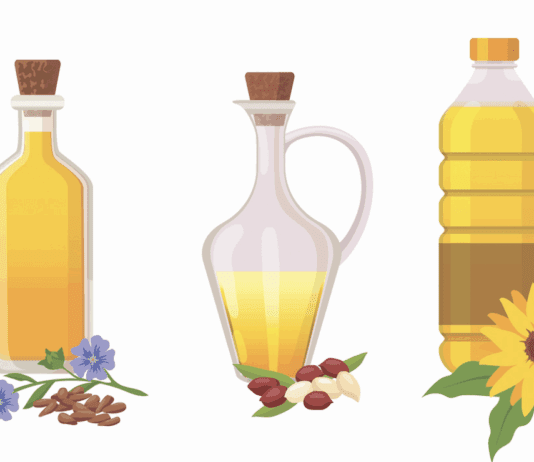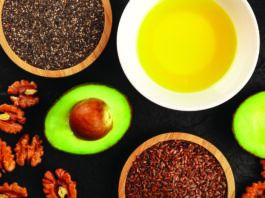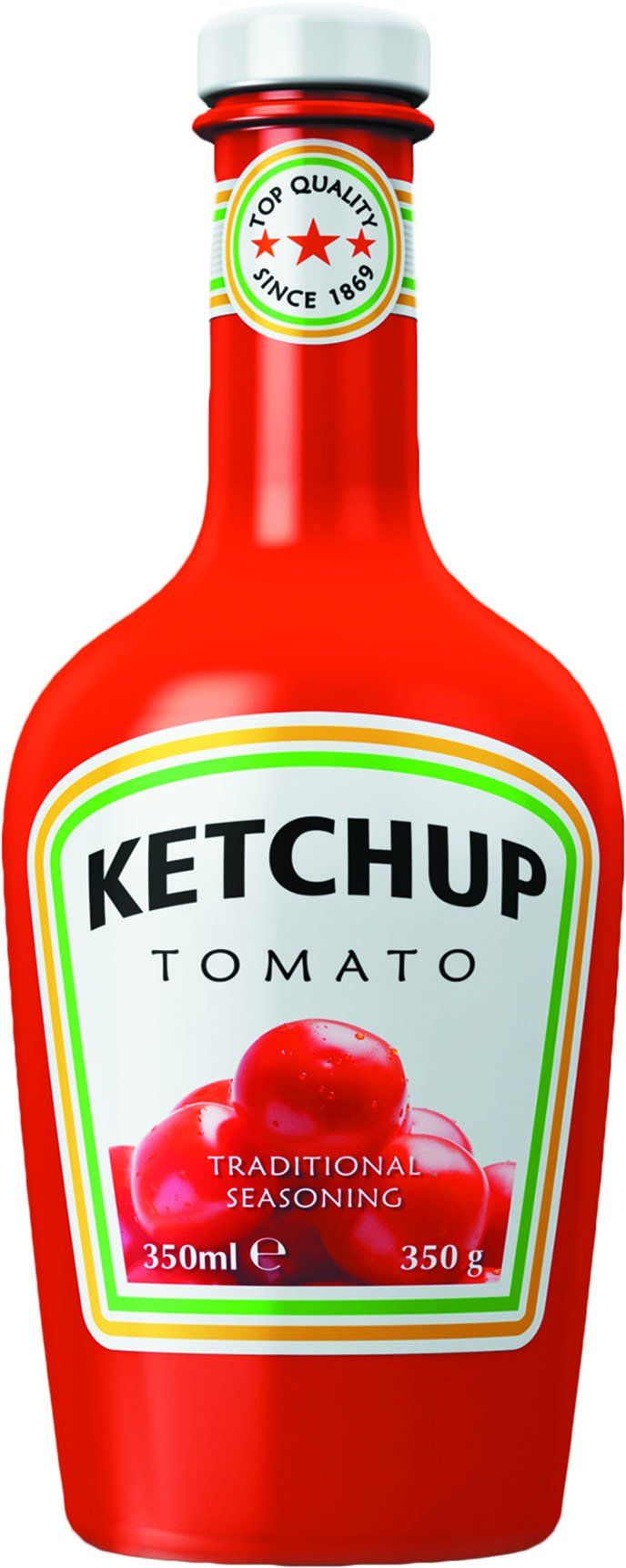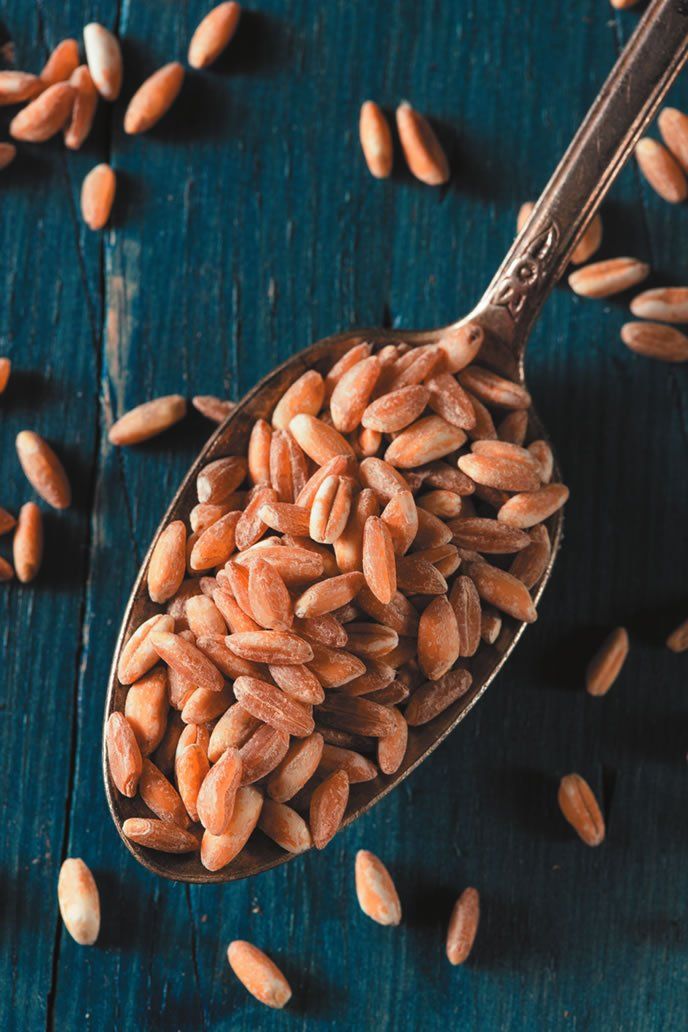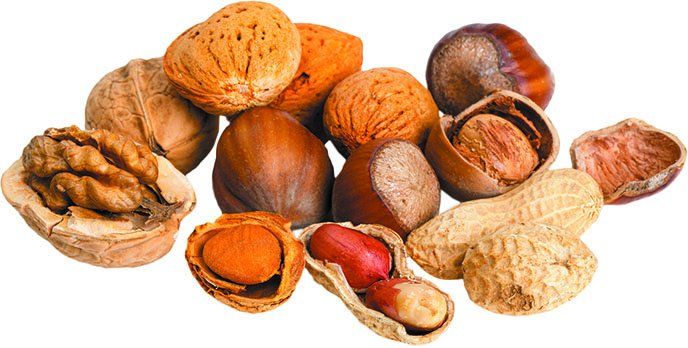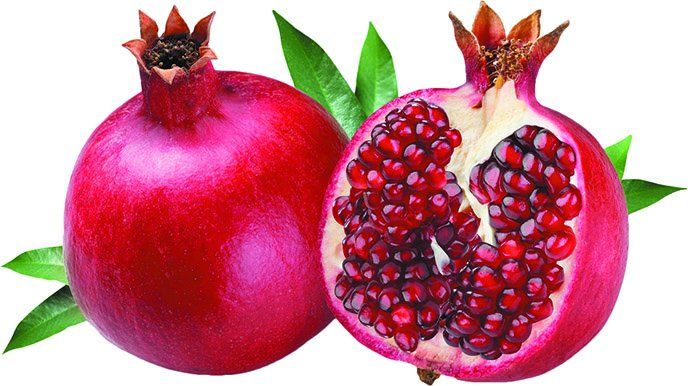Lowest Colorectal Cancer Risk: Vegetarian Diet Plus Fish
Eating a more plant-based diet could reduce your risk of colorectal cancer-and especially so if it includes regular consumption of fish. Surprisingly, the latest findings from the Adventist Health Study-2 report that pescovegetarians-people who are otherwise vegetarians but also eat fish at least once a month-were at the lowest risk of such cancers. Adding fish to a vegetarian diet was associated with less risk than any other type of vegetarian diet, including a vegan regimen.
What Do Those Food-Label Terms Really Mean?
A trip to the supermarket can feel like running a gauntlet of buzzwords. This product promises its reduced sodium, while that one is natural and gluten-free. Is a food made with extra fiber better than excellent source of fiber, or vice versa? Just how low in calories does a food have to be to boast that its low-calorie-and should you pick that label over one thats lower calorie or light?
Cooking Shows: Recipe for Weight Gain?
Emeril Lagasse and Bobby Flay may not know best, at least when it comes to your waistline. If you try to emulate your favorite celebrity chefs, according to findings in the journal Appetite, those cooking shows may be making you fat. Cornell University researchers reported that women who get their recipes from TV cooking programs and cooked from scratch weighed an average 11 pounds more than those who watched but didnt follow up in the kitchen. (Most studies show people who cook from scratch are less likely to be overweight.) Cooking recipes from TV shows was also associated with a higher BMI, 27.48 versus 25.66, among the studys 501 women, ages 20-35. Cooking from scratch with recipes sourced from print or online, however, was not associated with greater weight or BMI.
New Peanuts Profile More Like Olive Oil
Consumers looking for more of the healthy monounsaturated fats found in olive oil may soon be able to reach for a handful of peanuts. USDA and Oklahoma State University scientists have cultivated a new Spanish peanut variety, dubbed OL, that is high in oleic acid, the monounsaturated fat touted in the so-called Mediterranean diet. The new peanut, which will go into commercial production later this year, also has a longer shelf life and is resistant to Sclerotinia blight, a soilborne fungal disease blamed for crop losses of up to 50% in some areas. About half the fat in regular peanuts is monounsaturated, primarily oleic acid; previously developed high-oleic varieties have boosted that to over 80%. (For more on peanuts health benefits, see story in this issue.)
Fast-Food Ban Made Little Difference
Banning new fast-food restaurants in some of the poorest neighborhoods in Los Angeles failed to improve residents eating habits or keep them from getting fatter, according to new research published in Social Science & Medicine. The ban, which also restricted remodeling of fast-food eateries, was enacted in 2008 in hopes of combating obesity and improving health outcomes among South Los Angeles 700,000 residents. But the only subsequent improvement in consumption patterns-a drop in soft-drink intake-was seen as well in areas without the ban. Overweight and obesity rates actually increased more in the regulated neighborhoods, and consumption of fast food rose regardless of the rules. The chief effect of the regulations was to shift retail developments from fast-food franchises to small food and convenience stores. While the ban may have symbolic value, researchers concluded, it has had no measurable impact on improving diets or reducing obesity.
7 Surprising Sources of Added Sugar
Sugar is in the crosshairs of the nations nutrition experts, with the Dietary Guidelines Advisory Committee (DGAC) for the first time recommending limiting added sugars to no more than 10% of daily calories. (See the May newsletter for the complete story.) The US Food and Drug Administration, meanwhile, has proposed a separate listing for added sugars in its updated Nutrition Facts panel.Unquestionably, there is no benefit from high intakes of added sugar, says Tufts professor Alice H. Lichtenstein, DSc, who served as vice-chair of the DGAC, and for most people there are adverse effects.
Healthy Reasons to Put Farro on Your Plate
The ancient Roman legions knew something that modern chefs are only now rediscovering: Farro, a form of wheat that originated in the Middle Easts Fertile Crescent thousands of years ago, offers nutrition enough to march on with a nutty taste and pleasantly chewy texture. As chic restaurants around the country are demonstrating, farro is also versatile enough to substitute for rice and other more familiar grains in dishes ranging from risottos to salads, soups to breakfast bowls.
What Can Yogurt Do for You?
Americans consume more than $7 billion a year worth of yogurt, with hundreds of new yogurt products introduced annually. In survey after survey, consumers say the healthfulness of yogurt is top among the reasons they eat it.
New Evidence Your Heart Loves Nuts
If you grew up thinking of nuts as a not-very-good-for-you indulgence, theres a growing pile of evidence that should change your mind about these healthy foods. For a long time, consumers thought that coffee raises blood pressure, eggs cause heart disease, chocolate is an unhealthy treat, and nuts make you fat, says Jeffrey Blumberg, PhD, director of Tufts HNRCA Antioxidants Research Laboratory. However, such conclusions were often based on very little science and several mistaken assumptions. The latest news in nuts rehabilitation comes from two studies spotlighting the heart-health benefits of almonds and peanuts.
Court Mostly Backs FTC vs. Pomegranate Claims
In what may prove a landmark ruling for food and beverage health claims, a US appeals court largely upheld a Federal Trade Commission order requiring proof of promises made for a popular pomegranate-juice drink. In its original 2010 order, the FTC had challenged magazine advertisements for POM Wonderful that claimed the beverage combats heart disease and other ailments. The appeals-court ruling overturned the agencys requirement that two human clinical trials back up such claims in all cases as too onerous. But the three-judge panel agreed that the ads were misleading and that at least one randomized clinical trial could be required to substantiated any claims of treating or preventing disease.





















